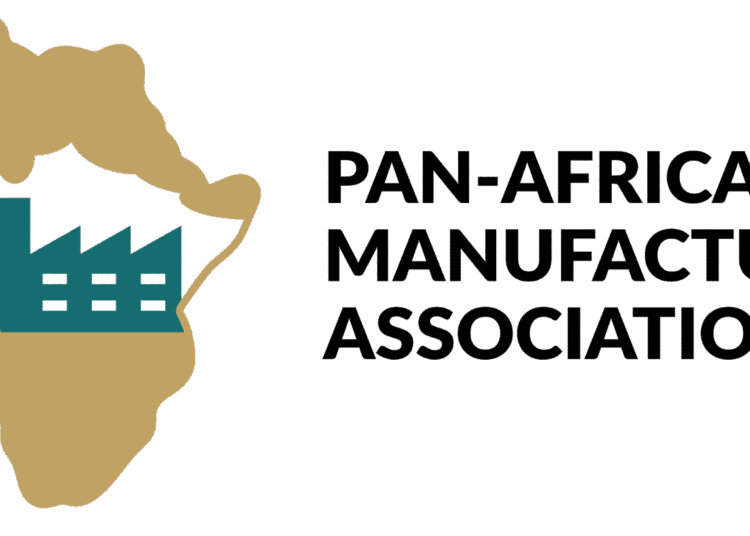The Pan-African Manufacturers Association (PAMA) has advocated for the expansion of Africa’s manufacturing base for significant economic growth and job creation.
PAMA in its recently released edition news bulletin believed that investing in local industries and promoting intra-African trade can help mitigate the impact of global economic challenges on the continent.
The association is pushing for policies that support manufacturers, including security interventions, infrastructure development, and access to finance.
By leveraging initiatives such as the African Continental Free Trade Area (AfCFTA) and promoting ‘Made in Africa’ products, PAMA aims to unlock the continent’s manufacturing potential and drive sustainable economic growth.
It stated that “to unlock greater value capture and global competitiveness, Africa must pursue deliberate, regionally coordinated actions to strengthen its manufacturing base, trade infrastructure, and innovation ecosystems.
In deepening manufacturing capacity, PAMA said, “Africa must expand its manufacturing base to transition from a raw material exporter to a value-adding industrial hub within GVCs vis-à-vis, highlighting full implementation of the African Union’s African Commodities Strategy, which emphasises transforming Africa from a supplier of raw materials into a competitive, value-adding industrial economy.
It also noted the encouragement of member states to swiftly ratify African Union’s African Commodities Strategy, which has been delayed due to insufficient numbers.
The association also urged the African Minerals Development Centre (AMDC) to coordinate this strategy effectively and, as a matter of timeline, deliver on its mandate.
PAMA called for fast-tracking of AfCFTA implementation for industrial integration, saying that the AfCFTA must be implemented with urgency and industrial ambition to enable Africa’s GVC integration.
According to the Association, AfCFTA is already facilitating industrial clustering, standards harmonisation, and cross-border SMI integration. Regional manufacturing specialization is emerging, for example, textiles and cotton processing in West Africa, agribusiness and pharmaceuticals in East Africa; and full implementation can serve as the backbone of Africa’s industrial revival and GVC participation in the most beneficial manner.
The Association insisted that African countries should establish regional sectoral clusters that leverage complementary strengths across borders, citing examples: raw material extraction in the DRC, refining in Zambia, and final manufacturing in South Africa create integrated regional value chains.
It stated that such models of productive interdependence enable Africa to move into intermediate and final manufacturing stages with higher value capture.
It also said that “governments must invest in shared infrastructure to support intra-African supply chains and GVC integration. We must develop corridors through joint planning, co-financing, and governance structures to ensure regional competitiveness and sustainability.”
The Association noted that “while Africa’s current participation in global manufacturing value chains remains limited and skewed toward low-value segments, targeted reforms and strategic investments, especially under the AfCFTA framework can reposition the continent for industrial takeoff.
“Strengthening infrastructure, improving access to finance, investing in skills development, and deepening regional integration are key steps toward enhancing Africa’s manufacturing performance and enabling the continent to capture greater value in the global economy.”











